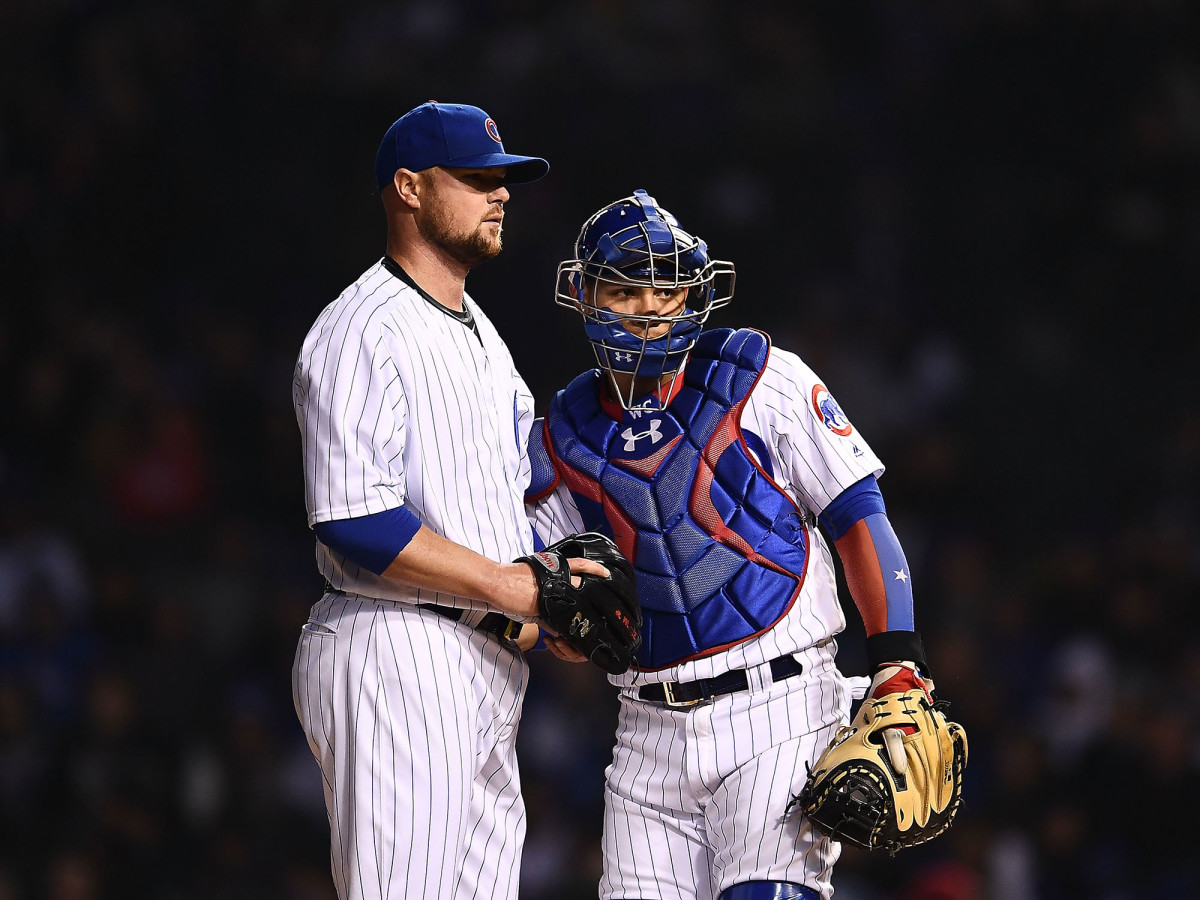Inside the World of Mental Coaching in Major League Baseball

Advanced metrics may be an indelible part of baseball, but another strategy is becoming invaluable to the game: harnessing the power of the mind. This year, a record 27 of the 30 MLB clubs employ a mental skills coach—longtime MLB pitcher Bob Tewksbury holds the position for the San Francisco Giants. Here, he discusses the world of mental performance and the psychology behind baseball, as detailed in his forthcoming book, Ninety Percent Mental.
On mental coaching becoming a trend and more accepted in baseball
"Since I started doing this with the Red Sox in 2004, the players have started to come around as it’s become more normalized. But it’s not for everybody. Some people just don’t want to talk about [the mental process] or they’d rather do something physical to help them perform better. A lot of guys think it's a gimmick or a quick fix. You have to buy in and make it a part of your routine. You have to be committed to the process."
BUY NOW

Ninety Percent Mental
by Bob Tewksbury
San Francisco Giants mental skills coach and former All-Star pitcher Bob Tewksbury discusses the hidden game of baseball, such as how players use techniques of imagery, self-awareness and strategic thinking to maximize performance.
On why MLB players need to focus on mental skills
"When [former Giants pitcher] Matt Cain threw a perfect game, he said he didn’t even know what he had until the eighth inning. When people are in the zone like that, they don’t think about anything and just play. But those times are not often.
What I hear all the time is athletes say, 'I just wish I could stop thinking and just go perform.' And I say, 'No, I just want you to think the right things.' If athletes were truly honest, they would say that the only difference between their best and worst performances is how they talked to themselves. Usually it comes back to a thought process that triggers something."
On what he actually does to help players perform better
"I made the imagery program for [Cubs pitcher] Jon Lester because he was searching for another edge. Imagery is way to help your confidence but it is also an exercise of concentration. It is a visualization technique that takes deliberate meditation to stay focused on the tasks. The other part of it is talking about the game: What were you thinking in the third inning when you had two guys on and nobody out? It’s the same as psychotherapy: if the client is not 100% honest with the counselor, they really can’t help them. And so if the player shares his true feelings about when he was on the mound, then I can map out a plan."
How does an athlete like Jon Lester use Tewksbury's program to get ready to compete?
Here’s a look at Lester’s preparation in the hours before a game.

FOCUS
Designed to help increase and sharpen focus, Lester uses index-card-sized "focus grids," where he must locate a number in a jumbled-up puzzle, to help sharpen his focus before ballgames. The cards look like crossword puzzles, with numbers from 00 through 99.
LISTEN
While he does the focus exercises at his locker, Lester also listens to audio programs designed to help him shift his focus to individual pitches. The programs contain five or six one-minute exercises that accompany the grids, each with different instructions.
VISUALIZE
In a sleep room at Wrigley Field, Lester puts on headphones, closes his eyes and does breathing exercises as Tewksbury's voice leads him through game situations.
